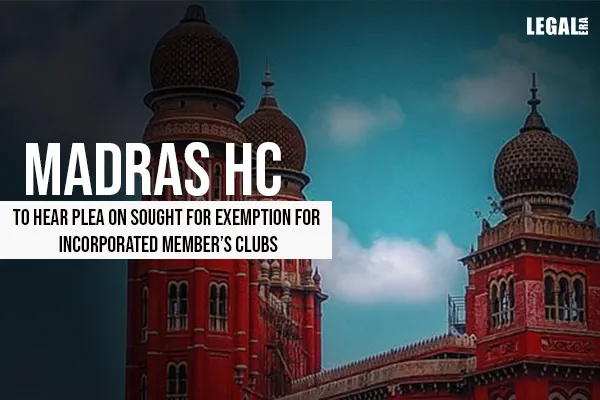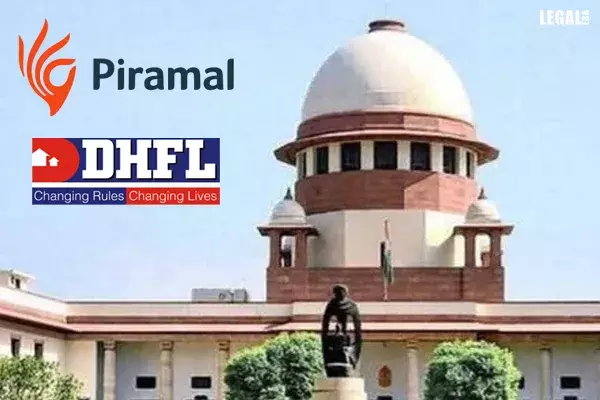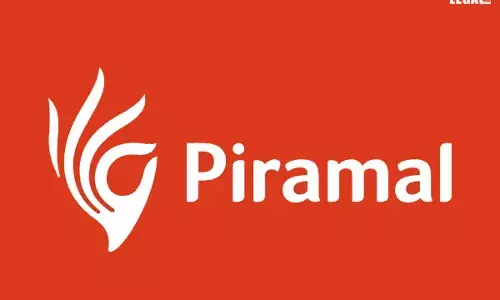Madras High Court to hear Plea on GST exemption for Incorporated Member's Clubs
The petition was filed by Ootacamund Club located in Ooty, Tamil Nadu, citing example of GST exemption given by Supreme;

Madras HC to hear Plea on GST exemption for Incorporated Member's Clubs The petition was filed by Ootacamund Club located in Ooty, Tamil Nadu, citing example of GST exemption given by Supreme Court to a Kolkata club A petition was filed before the Madras High Court seeking exemption for member's club in an incorporated form, from levy/payment of GST under the Central Goods and Services...
Madras HC to hear Plea on GST exemption for Incorporated Member's Clubs
The petition was filed by Ootacamund Club located in Ooty, Tamil Nadu, citing example of GST exemption given by Supreme Court to a Kolkata club
A petition was filed before the Madras High Court seeking exemption for member's club in an incorporated form, from levy/payment of GST under the Central Goods and Services Act, 2017.
The petition was listed before Chief Justice Sanjib Banerjee who issued notices to the Central Government and CBDT in a petition filed by Ootacamund Club located in Ooty, Tamil Nadu.
The petitioner's club is registered as a corporate body under the Companies Act, 2013, seeks exemption from levy of GST on the ground that the services rendered by member's clubs in incorporated form, does not amount to 'supply' within the meaning of section 7 of the CGST Act.
Advocate Surith Parthasarathy appeared on behalf of the club and sough for an application of the Supreme Court's investigation against levy of service charge by member's clubs, whether incorporated and unincorporated, from its members.
They primarily raised three main contentions. Firstly, CGST Act in purporting to levy GST on member's clubs in an incorporated form violates the right to form associations and unions guaranteed by Article 19(1)(c) of the Indian Constitution.
Secondly, the income tax department has consistently accepted the petitioner's submission that the principles of mutuality are applicable to the petitioner's dealing with its members. Consequently, the same principle will directly apply in the case of the petitioner under the CGST Act as well.
Thirdly, CGST Act does not contain a provision similar that of Explanation 3 to Section 66B (44) of the Finance Act, 1994, which provides that "an unincorporated association or a body of persons, as the case may be and a member thereof shall be treated as distinct persons." Hence, the legislature did not intend to treat the member's club in incorporated form and its members as distinct persons and accordingly, the question of consideration being made by one person to another in terms of Section 7(1) of the CGST Act, does not arise.
In the affidavit sworn by the petitioner's Secretary Abaraham, it was submitted that all the members of the club are shareholders each in the company and they form a significant part of the club. In other words, the club and its members together constitute a single entity.
With this point, it stressed on the 'principle of mutuality' to state that 'supply' of goods and services, as mentioned under Article 366(12A) of the Constitution, does not take place between member's club in an incorporated form and its members, due to lack of existence of two parties.
"Analogous to the transaction of sale and service, even supply requires the existence of two parties. Since, by virtue of the principle of mutuality, a members' club in an incorporated form and its members are not treated as distinct persons in the eyes of law, it is submitted that 'supply' of goods or services as contemplated under Article 366(12A) does not take place between members' club in an incorporated form and its members," the plea stated.
Further, it was contended that both the Parliament and the State Legislatures in no way can exercise the power under Article 246A to levy GST on member's club as the same is excluded from the ambit of Article 366(12A) of the Constitution, due to omission of 'supply' in the transaction.
The petitioners' also relied on various judicial precedents one of which was the case of State of West Bengal vs. Calcutta Club Ltd, where the Supreme Court upheld that clubs are not under any obligation to charge and remit the service tax with respect to any service that might have been availed by the customers of the club
The petitioner-club, in this case, has put forth the arguments that "given that the principles of mutuality are applicable to the petitioner and given that the Hon'ble Supreme Court in Calcutta Club Limited has held that the members' clubs in incorporated form such as the petitioner is not amenable to sales and service tax, the same principle must, by logical extension also apply to the CGST Act as well. This is especially so given that the CGST Act has replaced the erstwhile sales and service tax regime in a unified manner."





